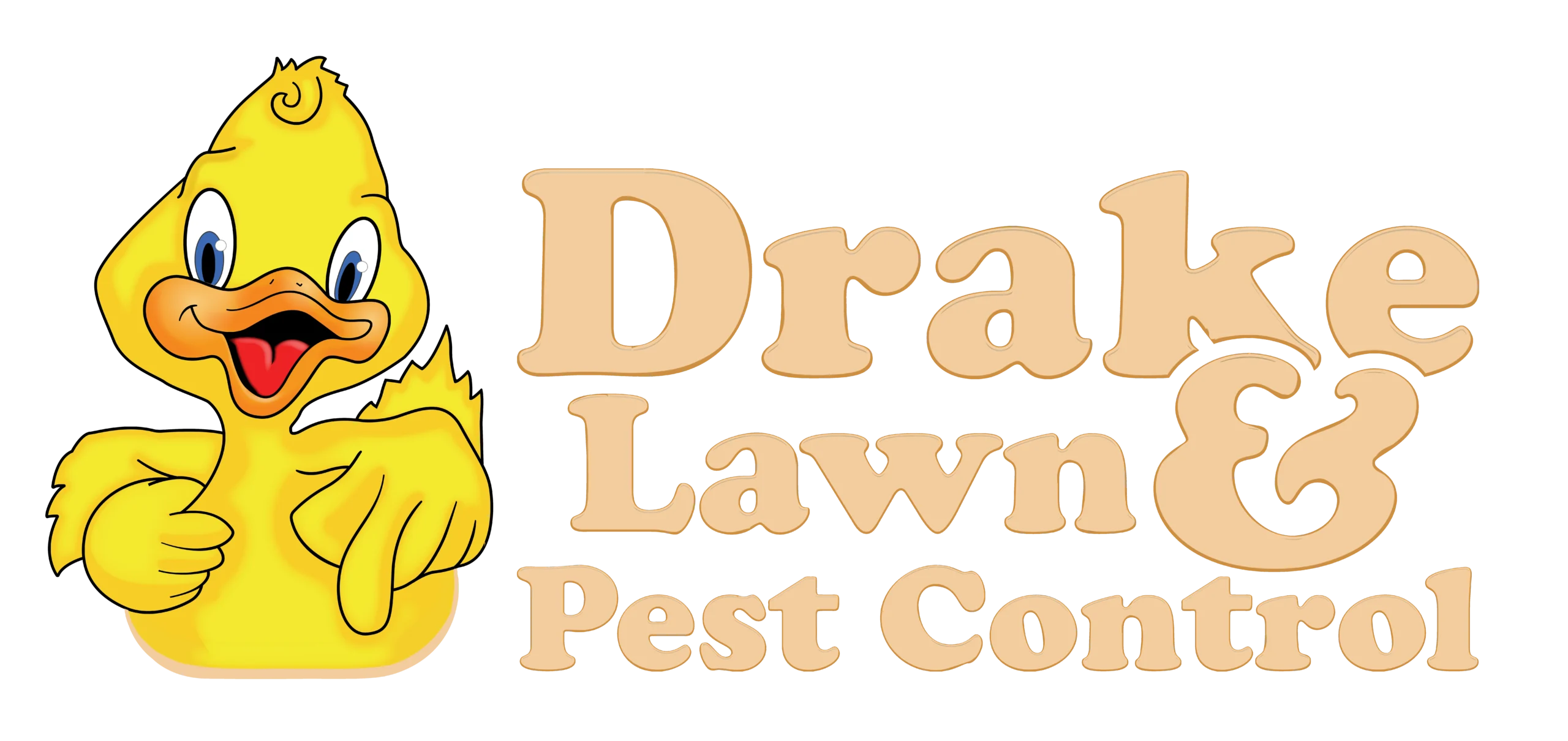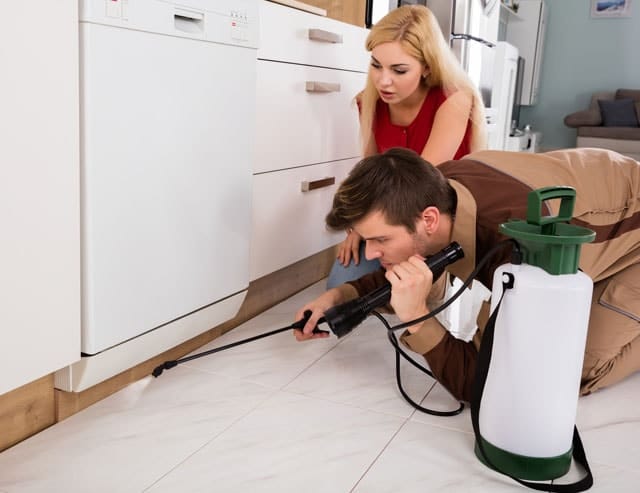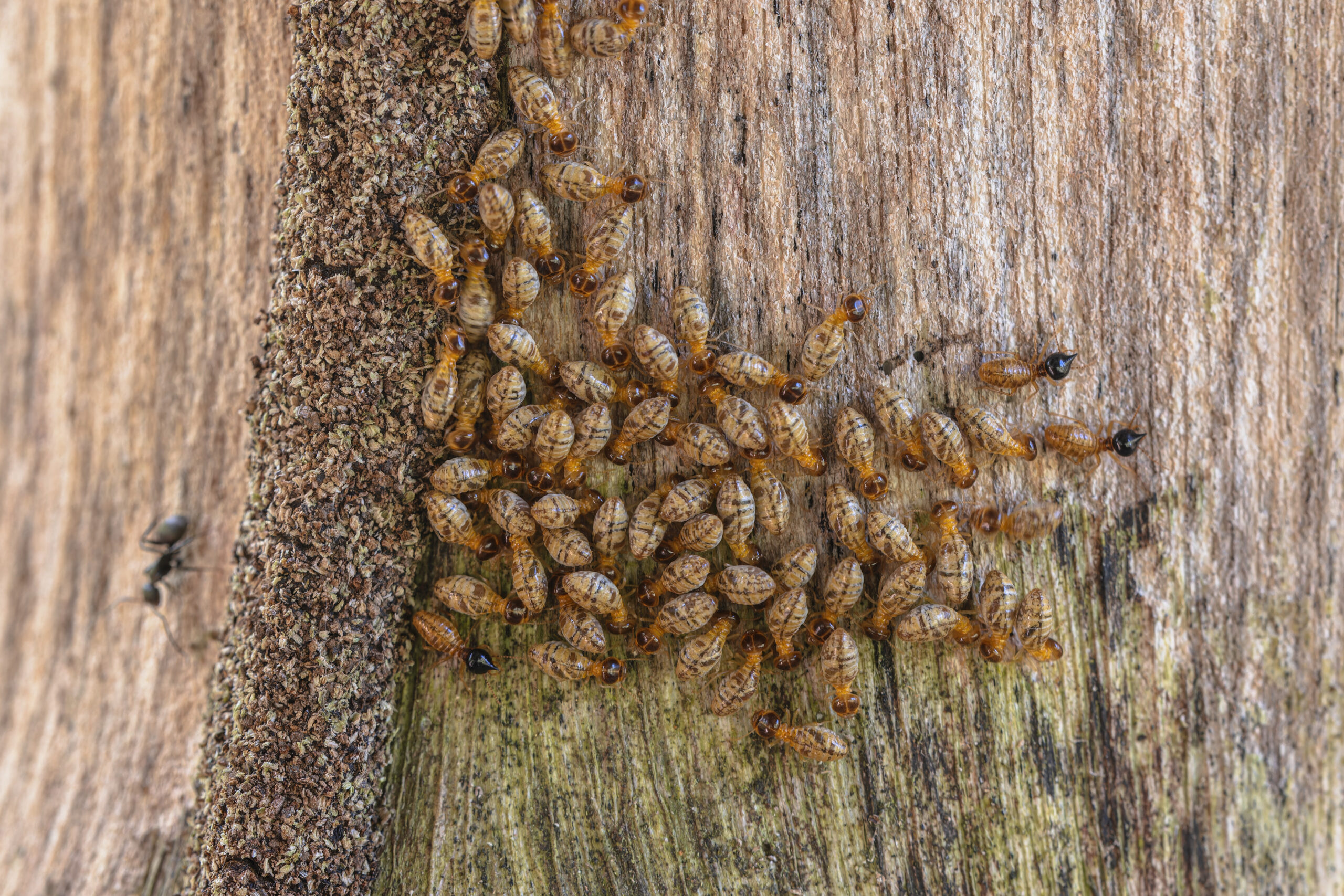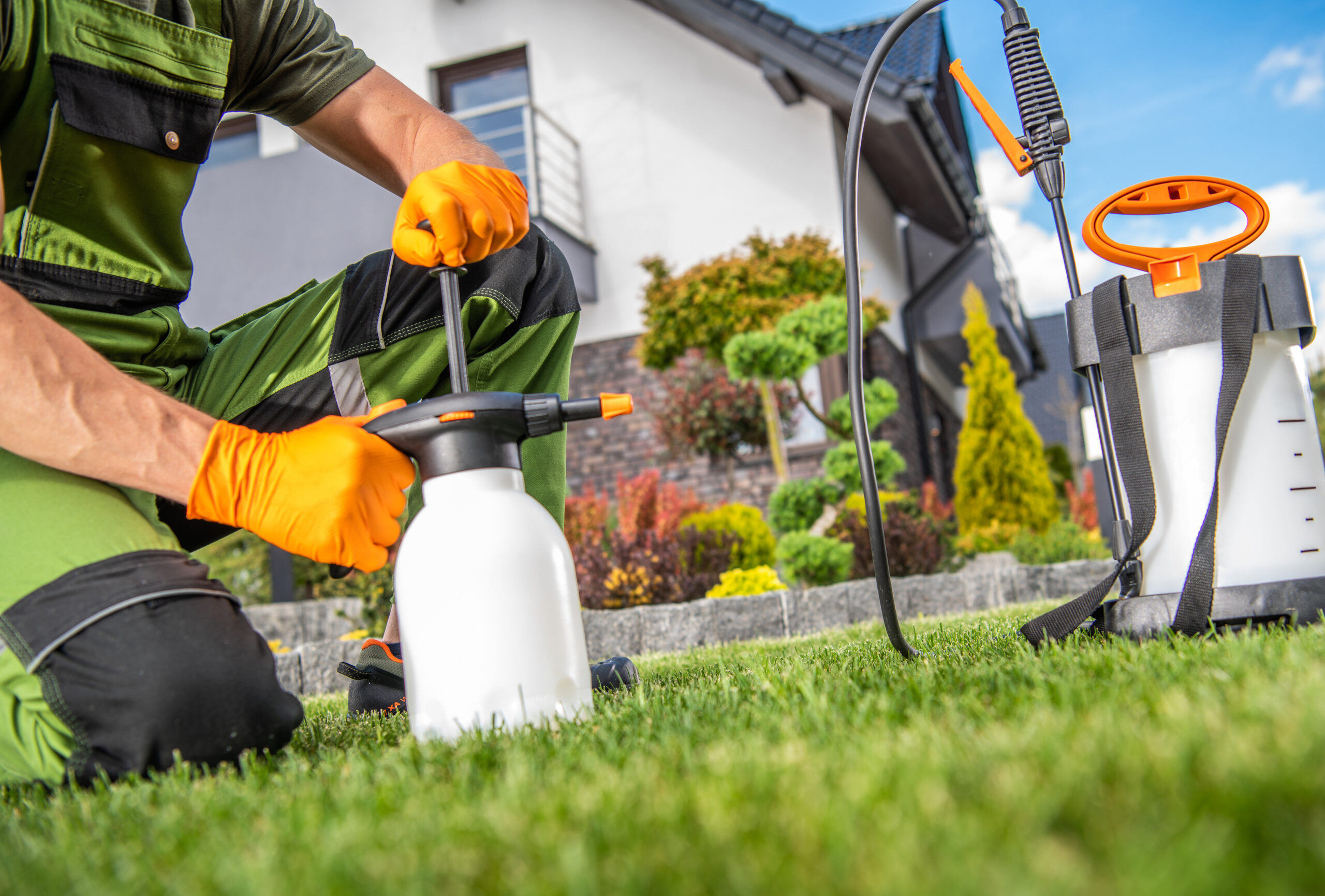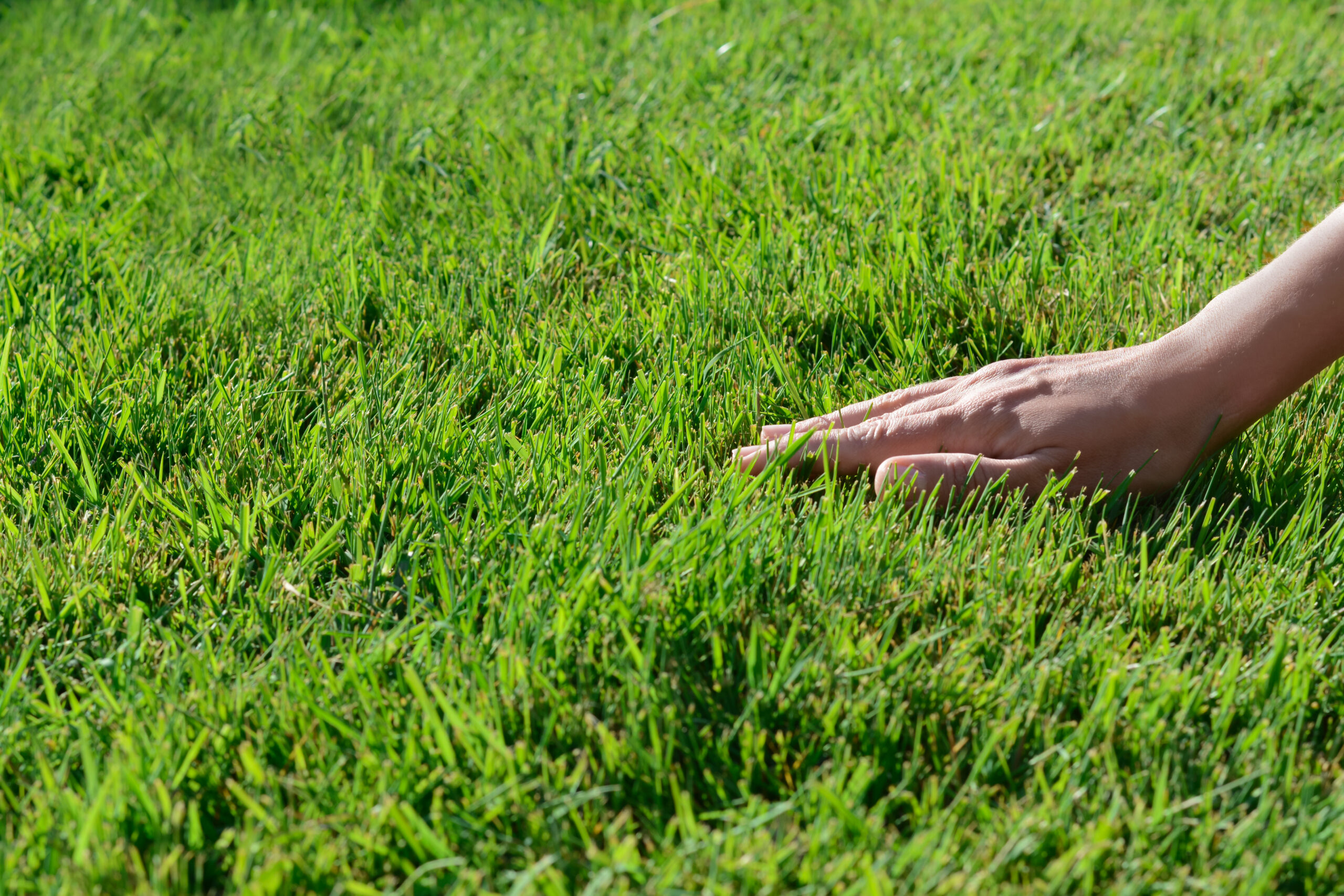When you choose to rent a property, there may be a lot of things to think about, some of which you may miss. Obviously, payment involved is one of the first things at the front of everyone’s mind whether you’re the landlord or the tenant. But what about the smaller, less common problems? Who takes care of pest control?
The fewer conflicts you have between landlord and tenant, the better. No one wants to rent to a tenant who’s always finding a problem and no one wants to rent from a landlord who never responds to a problem or question. However, unexpected problems that arise can make it difficult to figure out who’s responsible for what. After all, it may not be either’s fault that a pest got in. Your lease agreement is certainly a good starting point.
Who is the Responsible Party for Pest Control on a Rental Property?
Generally, it is the landlord’s responsibility to take care of any pest control problems. Since pest control falls under general property maintenance most of the time, the landlord will be held responsible for keeping pests at bay.
Regular pest control Orlando inspections should be scheduled and it’s definitely recommended that you check the property between renters, but it is possible to include a clause in the rental agreement that after you perform the initial pest control check, the tenant is responsible for any following problems.
As a landlord, you never want pests to take over your property with or without a tenant inside. Pests can degrade the property value and ruin the building, so you’ll want to get them taken care of immediately.
If there is a tenant currently living in the building and you think the problem may be their fault, don’t wait and argue with them about it before fixing the problem. Get pest control services on site and then after the initial problem is fixed, figure out who will be held responsible for the payment and what the signed rental agreement says. You’ll have to follow state law if you haven’t included anything in the agreement about pest control, but this may not be as clear.
In order to ensure that you as the landlord are holding up your end of the agreement and providing preventative measures, make sure to regularly fix any leaking water sources, monitor the property and keep an eye out for possible pest problems, and make sure trash and recycling services are reliable and well taken care of.
On the off chance that it is the tenant’s fault, an exterminator can help. The pest control issue is only the tenant’s responsibility if the problem can be directly linked to the tenant’s behavior and actions, or lack thereof.
If a tenant fails to regularly take out the garbage or leaves food out and windows open, then an exterminator will be able to tell and can relay the cause of the problem to both the tenant and the landlord.
As a tenant, you want to make sure to report all property damage or leaks as this can attract pests into the house. If you don’t report a noticeable problem to your landlord and the exterminator determines it was the cause of the pest infestation, then you could be held reliable for the pest control services.
Conclusion
The best thing for both parties to do is make sure any potential pest problems and the corresponding reliability are mentioned in the lease. If there isn’t any mention of it, then the responsibility may fall on the landlord’s shoulders and even in cases where the tenant is at fault.
This can be because state law is vague or overarching as it isn’t always written to reflect every little scenario. Overall, the best thing you can do is work to prevent the problem no matter which party you are and when the problem arises, focus on getting it fixed before finding who is at fault.
Table of Contents
Similar Posts
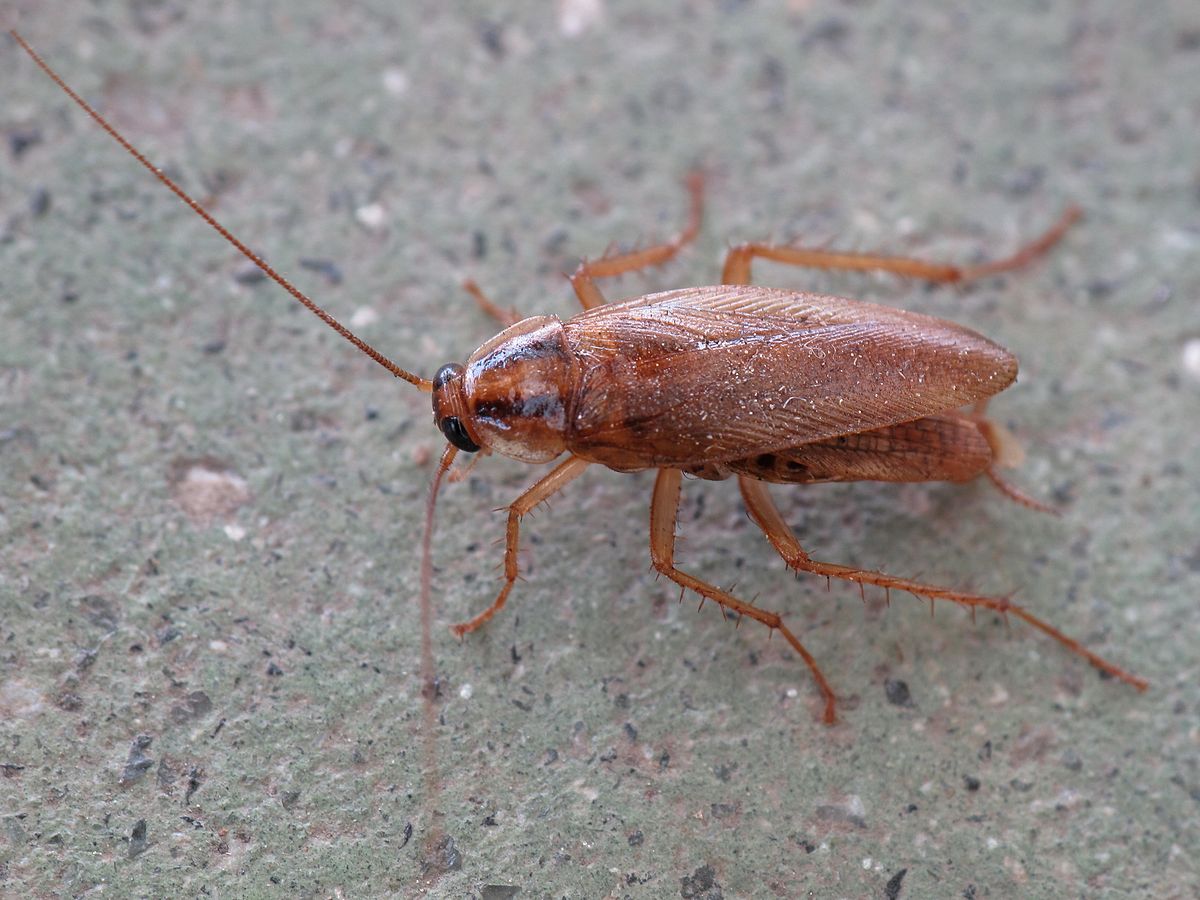
Cockroach Control: Proven Methods for Eradication
- May 15, 2024
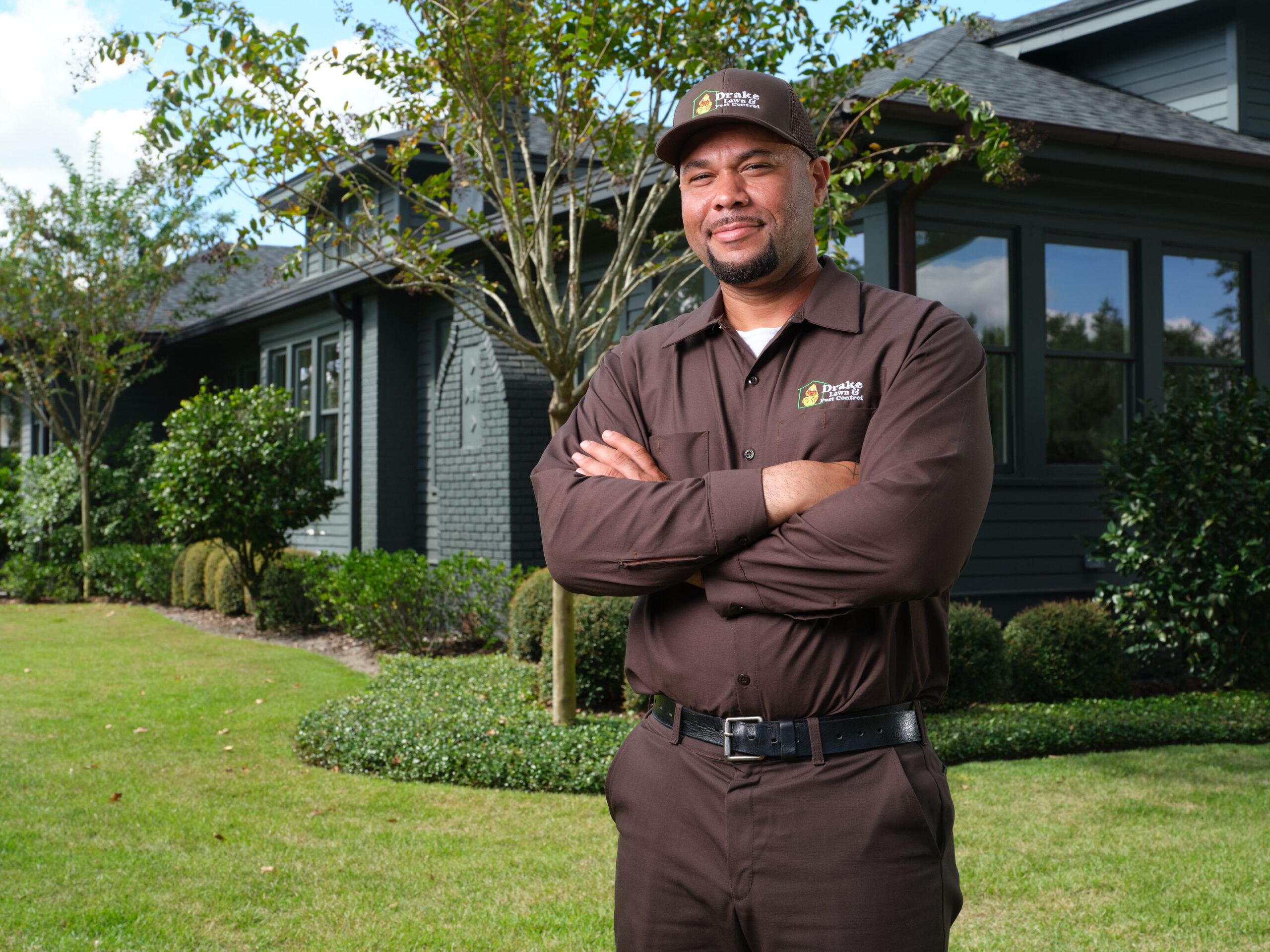
The Best Time of Year for Pest Control
- Apr 08, 2025
Schedule Free Inspection
Recent Blogs
Each year, Florida homeowners report seeing winged termites—often called swarmers—inside or around their homes. While these insects may appear suddenly... Read More
- Feb 19, 2026
- 4 min read read
Houston’s warm climate and frequent rainfall create ideal conditions for lawn pests to thrive. Many homeowners don’t realize their lawn... Read More
- Feb 12, 2026
- 5 min read read
Florida homeowners often struggle with recurring lawn pest problems that seem to persist no matter the season. Unlike regions with... Read More
- Feb 05, 2026
- 4 min read read
